With Dangers of Everyday Concussions Revealed, Scientists Race to Find Solutions
UCSF scientists are working to understand how concussions cause long-term cognitive damage – and how they might be treated.

University of California San Francisco
Give to UCSFUCSF scientists are working to understand how concussions cause long-term cognitive damage – and how they might be treated.

Researchers have shown that the earliest stages of the brain degeneration associated with Alzheimer’s disease are linked to neuropsychiatric symptoms.

Scientists at UCSF and Boston Children’s Hospital have developed a new technique for making mice with brains that combine the genetics of two different mouse strains.

In DNA sequencing study of TD, UCSF researchers and their collaborators have unearthed new data suggesting a potential role for disruptions in cell polarity in the development of this condition.

A $20 million gift from longtime UCSF donors Dagmar Dolby and her son, David, will establish the UCSF Dolby Family Center for Mood Disorders within the Department of Psychiatry.
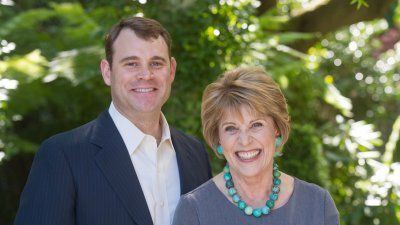
A new study has identified at-risk populations for whom depression screening combined with hazardous alcohol use screening could detect depressive symptoms that might otherwise go untreated.

Researchers at UCSF and the Gladstone Institutes have received an $18 million grant from the National Institutes of Health to launch the Psychiatric Cell Map Initiative.

UCSF ranked sixth on the national Best Hospitals Honor Roll and received special recognition for exceptional performance in 15 medical specialties, including top-10 status in a dozen.
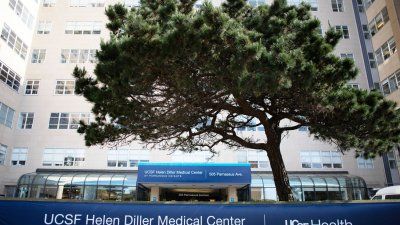
New study that examines sexual orientation, gender expression and mental health among young people who are involved in the justice system, but are not incarcerated.

UCSF researchers quantified the effects of Prop 47, which reclassified drug possession offenses from felonies or “wobblers”.

Scientists have used ultra-high-resolution cryo–electron microscopy to capture the most detailed portrait ever of an opioid drug triggering the biochemical signaling cascade that gives it its power.
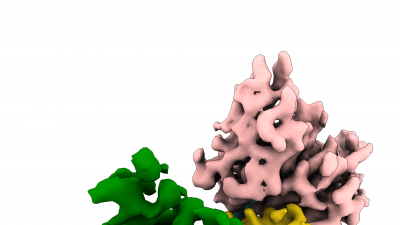
People with severe mental illness are more than twice as likely to have Type 2 diabetes, with even higher risks among patients who are African American or Hispanic, according to a new study led by UCSF.
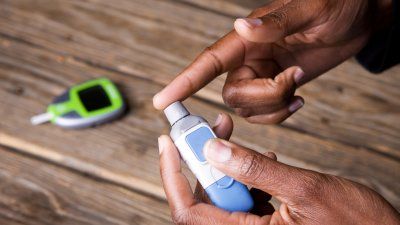
A staggering 64,000 people in the United States died in 2016 from drug overdoses – and a study led by UCSF’s Daniel Ciccarone is aiming to get at the heart of of the problem, including by interviewing opioid users.

Matthew State, chair of UCSF’s Department of Psychiatry, is playing a key role in an ambitious effort to tackle San Francisco’s dire homelessness problem. He answers some tough questions about the challenge.
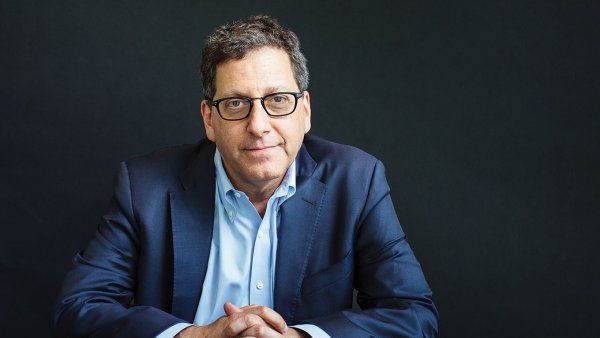
Young adults who are overweight or obese are twice as likely as their leaner peers to binge and purge, use laxatives or diuretics, or force themselves to vomit as a means of controlling their weight.

UCSF public health researcher Daniel Ciccarone, MD, shares his quest to understand the nation’s opioid epidemic, one user at a time.
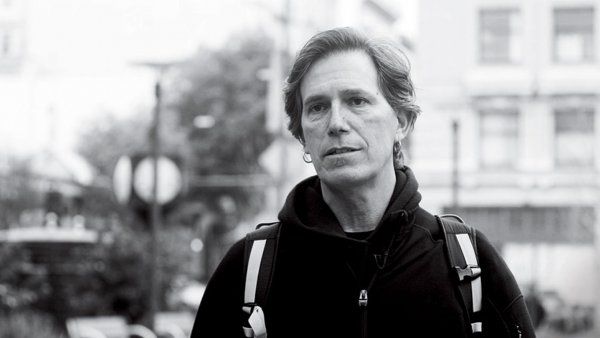
Study led by UCSF scientists shows that brain cells react differently to opioid substances created inside the body than they do to purely synthetic opioid drugs.

Dementia is a possible complication following a concussion, even if the patient did not lose consciousness.

Frances McDormand, David Strathairn and Marjolaine Goldsmith came to UCSF to read scenes from Sophocles’ Ajax – a 2,500-year-old tragedy about the suicide of a great warrior.
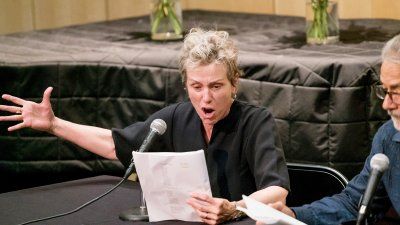
UCSF’s School of Medicine placed in the top five nationally in this year’s U.S. News & World Report survey of best graduate and professional schools. UCSF’s biomedical science PhD programs were among the top 10, and the School of Nursing was also highly ranked.

UCSF is supporting the creation of a new center that will add 54 conservatorship beds to San Francisco’s system of mental health care.

California should take an assertive approach to cannabis labeling, packaging and product formulation, according to a new UCSF study.
